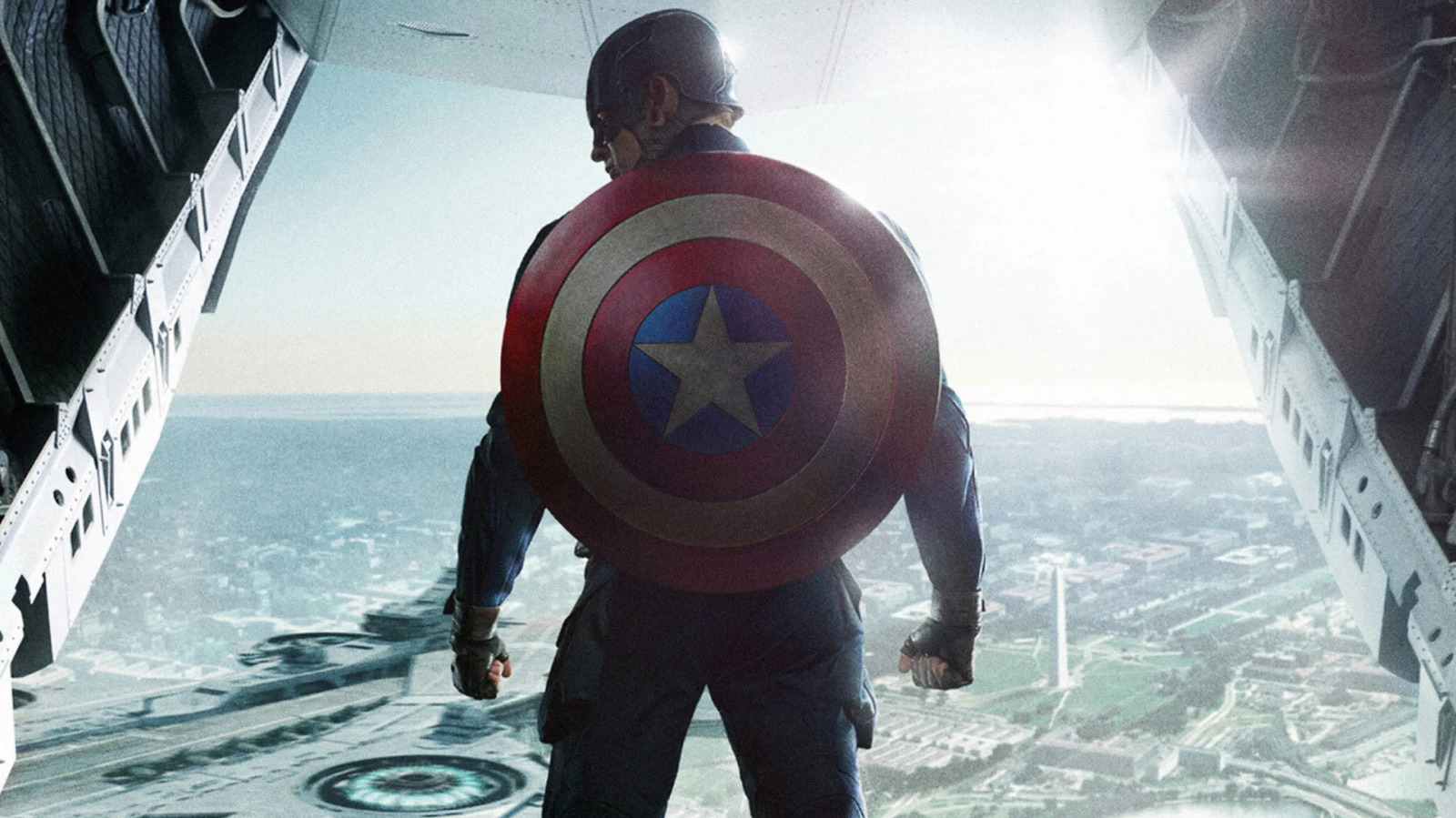

In a 2017 interview with Newsarama on the legacy of his “Captain America” run, Englehart spoke of how “Secret Empire” was his response to the Watergate scandal. (If you don’t know: during the 1972 election, Nixon had the headquarters of the Democratic National Committee at the Watergate hotel in Washington D.C. robbed and bugged. The discovery and cover-up eventually led to him resigning the presidency on August 9, 1974.)
Englehart described watching the Watergate scandal as being like, “a political thriller in real life, this sort of daily unfolding of the inner workings of this conspiracy.” With the news dominating America, he decided that “there was no way Captain America could just keep fighting the Yellow Claw with that going on.” So, he took the basic idea of a President running a conspiracy and Marvel-ed it up. (“A story about people breaking into a campaign office — that would make a pretty boring comic book”)
The allusions to Watergate are there in “Secret Empire” before the ending. The arm of the Secret Empire trying to discredit Cap is called the Committee to Regain America’s Principles (C.R.A.P.), just like Nixon’s Committee to Re-Elect The President (C.R.E.E.P.) funded the Watergate scandal. C.R.A.P. is headed by an ad man named Harderman, a roman à clef for Nixon’s chief of staff H. R. Haldeman.
As for that ending, Englehart wanted a shocking ending that would truly make Captain America reconsider himself, and one that would do justice to the pressure cooker of the real scandal. “Nixon didn’t blow his brains out, but he destroyed his own career and that’s political suicide,” Englehart told Newsarama.
People of my generation, who have always lived under a government that does nothing but inspire pessimism and distrust, don’t quite grasp what a shock Watergate was. But in Englehart’s day, “there were statesmen on both sides of the aisle who were more concerned with the republic than any political party” and a media ecosystem that still valued journalistic objectivity.
Many artistic liberals of Englehart’s generation channeled their frustrations with Nixon into their art. (George Lucas based the Empire of “Star Wars” on Nixon’s America.) The disillusionment of Watergate also left the country in a prime position for Ronald Reagan to sucker it with his “Morning in America” schtick six years later.
Nowadays, lampooning Nixon as a national embarrassment is an American pastime, including in other comics like “Watchmen” and comedy films like 1999’s “Dick.” “Secret Empire” itself reads like that today, but there’s an important detail.
“Captain America” #175 was published months before Nixon resigned, and in effect admitted his guilt for a pardon by then-President Gerald Ford — the same way Captain America first debuted punching out Hitler a year before the United States entered World War II. From the very beginning, Captain America has represented the wish that the U.S. will do the right thing and not the reality that it so rarely does. Englehart understood that’s how you make Captain America into a long-lasting and resonant character.

Leave a Reply